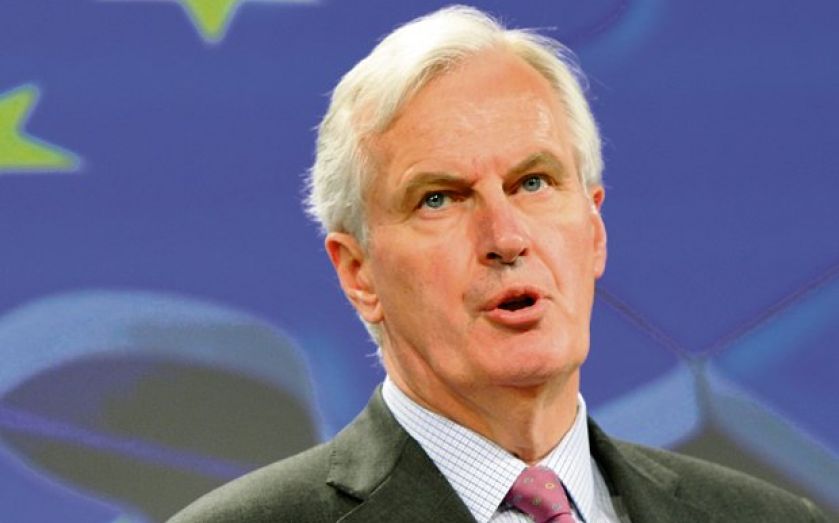Brussels tries to ban prop trading in UK and Europe

BANKS face a ban on proprietary trading in the UK from 2017 under European Commission proposals published yesterday, a major shock to lenders who had not expected an outright ban.
The proposals will force big banks to set up separate arms for any activity which is not standard retail or commercial banking, and could even stop core investment banking activities like underwriting debt and equity deals.
And it will stop banks owning or investing in hedge funds in a bid to stop them benefiting from another business’ proprietary trading.
However, there is still some hope that the rules will be stopped – they must go through the European Parliament and the European Council first.
Britain, France and Germany are expected to band together to form a blocking minority in the Council, stopping the rules coming in until they are watered down and the definitions of prop trading made more clear.
Lawyers fear the long period of negotiations will make it difficult for banks to work out which activities they will be allowed to carry out in each region, as it coincides with the introduction of the tough Volcker Rule in the US.
“Banks are entering a conformance period where they have to exercise good faith that they will comply with Volcker by mid-2015, when the prospect of these different rules is hanging over them,” said Alexandria Carr from Mayer Brown. “The EU’s rules have fewer exemptions on prop trading, so banks will be drawing Venn diagrams to see where the overlap is.”
The proposals also bring in a ring fence for retail and investment banking activities, which the UK believes fit with the Vickers’ rules being implemented in London.
“The government’s banking reform act already meets, and in some places exceeds, the proposed standards set out by the Commission, putting the UK at the forefront of European and global efforts to create safer banks without taxpayer subsidies that distort the European single market,” said a Treasury spokesperson.
EUROPE’S NEW IDEAS
1 The Commission wants to ban banks from trading on their own books – that is, trading securities and derivatives for their own profit without a client behind the deal. The EC says it will cut risky behaviour.
2 However, it is very hard to define prop trading – banks trade to hedge the risks across several markets, for instance. They also trade to make markets. And when they help firms float on stock markets, they sometimes underwrite the deal, agreeing to buy any shares that are not snapped up in the flotation. Those could all count as prop trading under broad definitions
3 Banks will also be banned from investing in, or owning, hedge funds which trade these instruments. That is intended to stop the lenders getting around the new rules.
4 The new plans will bring in a ring-fence for EU banks. This will split retail and commercial activity, like mortgage loans and savings deposits, away from investment banking.
5 Britain’s own ring-fence is quite similar to this plan and should fit closely with it.
6 The main difference with the UK plan is that national regulators across the EU will look at each big bank and decide if they need to implement the ring-fence. In the UK it is mandatory.